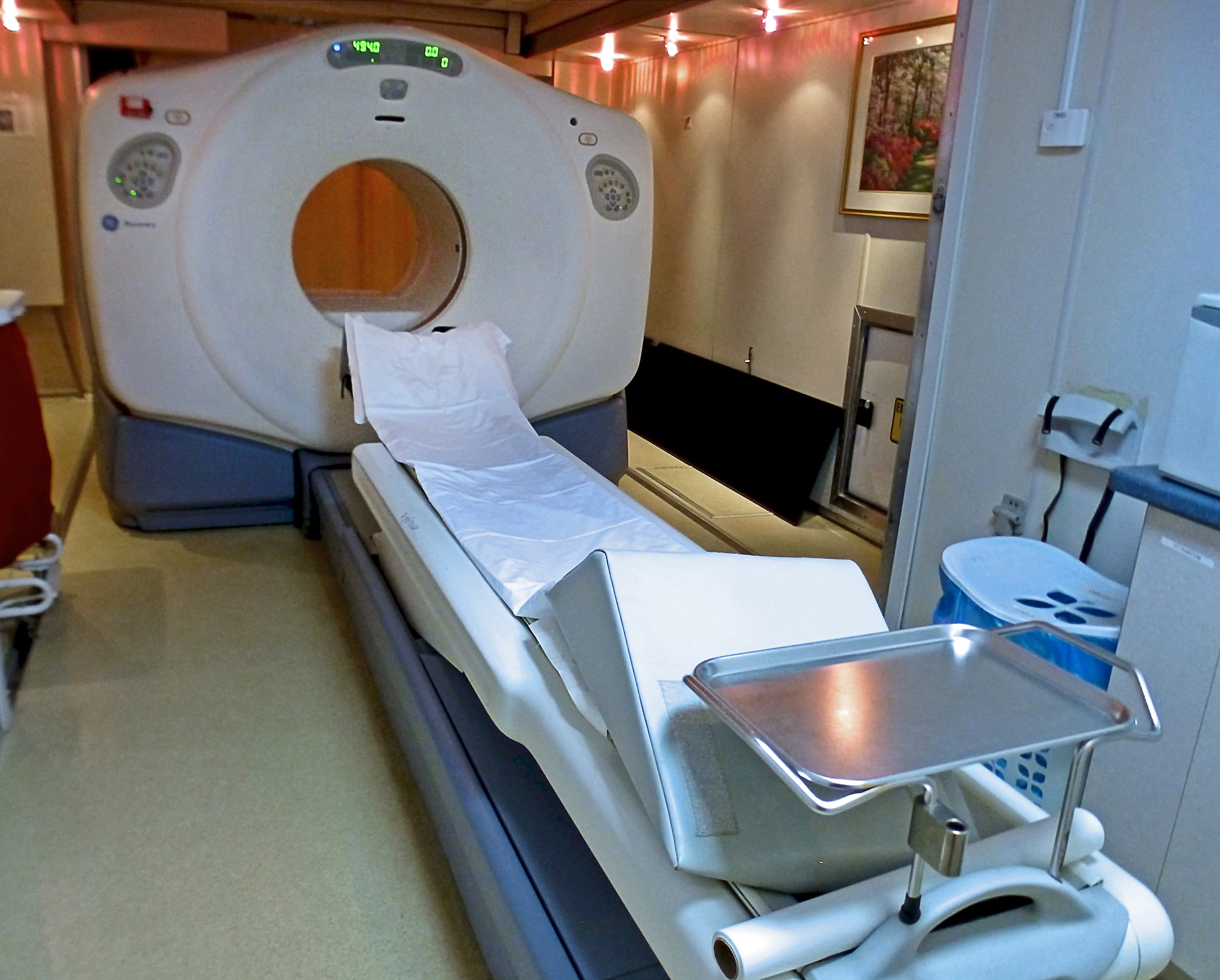Full-Body PET Scans Are The Best Way To Check For Recurrence Of Cancer.
Cancer Misdiagnosis
When a tumor is surgically removed, patients leave their doctor’s office with hopes of “cure”. Unbeknownst to patients and their doctors, cancer may still be present in microscopic form and thus, invisible on imaging studies such as CT scans. The fear of all cancer patients is a “recurrence” of cancer, where the original cancer has not been completely removed during surgery and continues growing in the body.
First, the question must be asked: when is a patient considered “cured” of cancer? FIVE YEARS. The patient is not considered cured of cancer until he/she has been free of cancer for five years from the date of the diagnosis. For example, if a colon cancer patient has no evidence of cancer on blood tests and imaging studies after the original diagnosis, he/she is considered cured. While the oncologist may paint rosy, optimistic pictures of the patient’s prognosis, the patient is not cured for five years after the diagnosis.
Some blood tests are excellent for checking for a recurrence of cancer. With colon cancer, a blood test called carcinoembryonic antigen (“CEA”) is a great test to check for a recurrence of cancer. When the blood test exceeds 10, the fear of a recurrence increases and when the score gets very high, i.e., 200, it is almost a certainty that colon cancer has returned.
Other blood tests are good at checking for a recurrence of most forms of cancer. When cancer returns, patients often become anemic, which is reflected by a decrease in hemoglobin and hematocrit (H&H) in the red blood cells. The lack of hemoglobin and hematocrit often reflects a recurrence of cancer.
The best way to check for a recurrence of cancer is a full body PET scan. A PET scan is a three-dimensional x-ray image of the body that checks for areas of the body with increased metabolic activity. Increased areas of metabolic activity, known as “flare-ups”, can indicate areas of the body where the cancer is present. The PET scan is quick, easy and the best way to check for a return of cancer. The results of a PET scan are usually available on the same day when the imaging studies are performed.
As a cancer patient, you must be diligent in checking for a recurrence of cancer. While most patients simply rely on their oncologists to order the right tests, keep in mind that most oncologists have hundreds of patients and you may not be on their radar. Blood tests are good, but they are not fool-proof in checking for a recurrence of cancer. Ask your oncologist for a full-body PET scan once a year, at a minimum, to ensure that your cancer has not returned.
